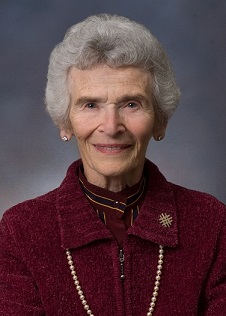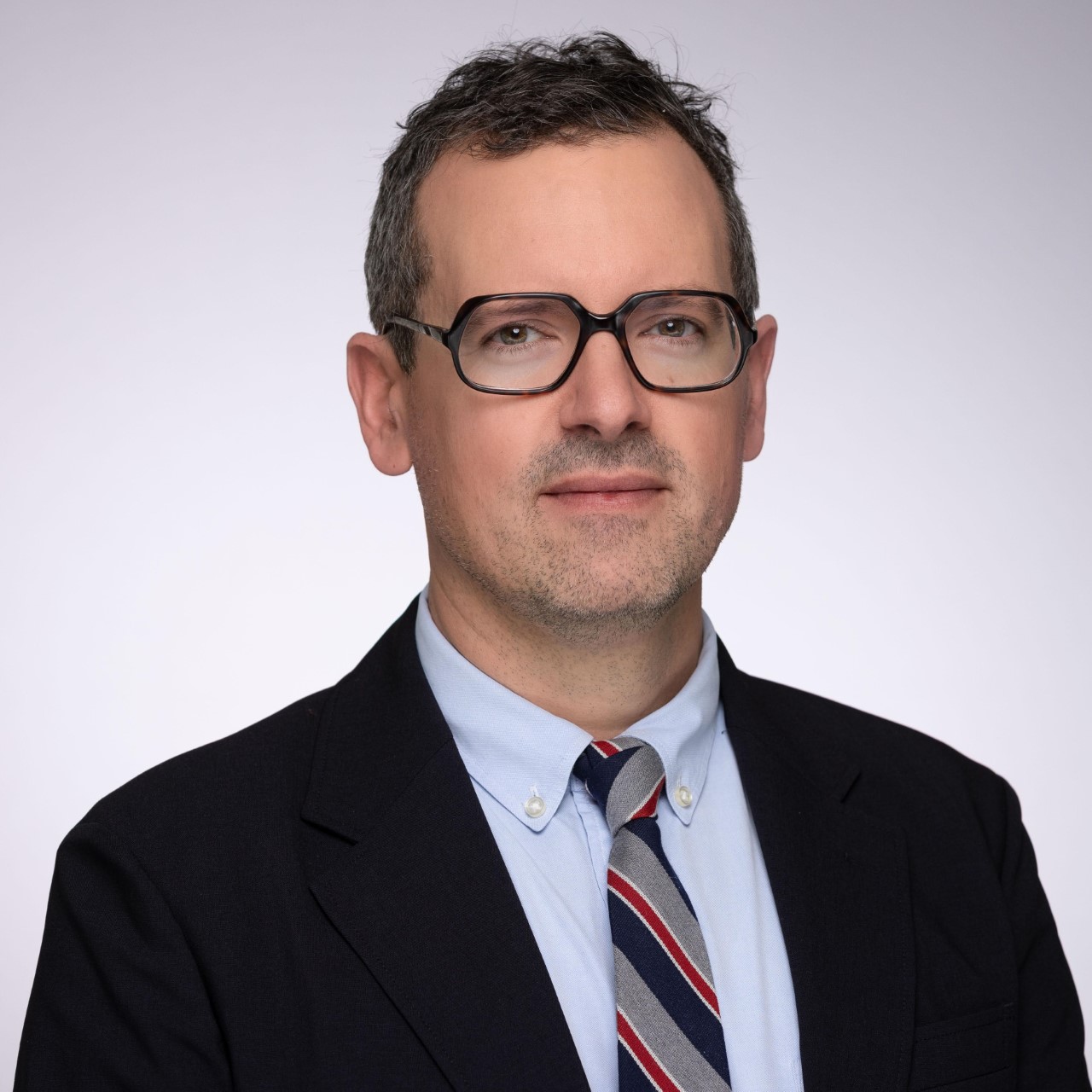Madeline Brill Nelson Speaker Series in Ethics Education
The Madeline Brill Nelson Speaker Series in Ethics Education began in 2008 and is made possible through the generosity of the late Madeline Brill Nelson. The series brings national health care ethics leaders to OHSU to help train students and practicing professionals through scholarly discussion of emerging ethical issues in healthcare.
Through Madeline's (affectionately known as 'Maddie') passion to make the world a better place, she dedicated herself to countless causes within the community. Propelled by her rare gift for seeing and understanding need, Madeline was the very first donor to step forward to support the Center for Ethics in Health Care at OHSU when it was still but a dream in the eyes of its founders. So wholeheartedly did she grasp its potential and believe in its mission that she fell easily into the role of quiet pioneer - a role, it turns out, that comes quite naturally to her, inspired by the legacy of her father, Dr. Isidor C. Brill. When asked once to describe her father, Madeline offered the following words. "Dedicated. Always trying to heal. Quiet. Happy to help and serve. Visionary." As it happens, such phrases also perfectly describe Madeline herself. But, modest as she is, she would be the last to realize it.

2024 Madeline Brill Nelson Speaker - March 12
Justin Sanders, MD, MSc, FAAHPM
Kappy and Eric M. Flanders Chair of Palliative Care
Director, Palliative Care McGill
Associate Professor, McGill University
OHSU Center for Ethics and Department of Medicine Grand Rounds presents "Advancing Healthcare Equity Through Communication: What we can learn from Palliative Care Principles, Evidence, and Tools."
View recording HERE.
Learning Objectives
- Reflect on the role of communication in the experience of people who seek healthcare
- Describe three studies that support the notion that communication is critical to advance healthcare equity
- Integrate serious illness communication principles and tools to improve the quality of relationships with patients and their caregivers.
OHSU Center for Ethics and Palliative Care Grand Rounds presents "Serious Illness Communication Equity."
View recording HERE.
Learning Objectives
- Apply palliative care principles of symptom management to optimize the care of people with serious illness and their families.
- Recognize the components required for the provision of whole person care.
- Improve interdisciplinary team collaboration and communication.
- Discuss current journal publications/research and their application to clinical practice.
- Recognize and enhance our own resiliency through reflection and community building.
- Develop our skills as palliative care educators

Dr. Justin Sanders is the Kappy and Eric M. Flanders Chair in Palliative Care Medicine, Director of the Division of Palliative Care, and Associate Professor in the Department of Family Medicine at McGill University in Montreal, Canada. He is also the Director of the Division of Supportive and Palliative Care at the McGill University Health Centre. Dr. Sanders received his MD in 2007 from the University of Vermont, and an MSc in Medical Anthropology from University College London in the United Kingdom as a US-UK Fulbright Post-graduate Scholar. Dr. Sanders subsequently trained in the Department of Family and Social Medicine at Montefiore Medical Center in the Bronx and at Massachusetts General Hospital in the Harvard Interdisciplinary Palliative Care Fellowship. Following completion of a research fellowship at Ariadne Labs, a joint health systems innovation center at the Harvard T.H. Chan School of Public Health and the Brigham and Women's Hospital, he served as the Associate Director of Innovation in the Serious Illness Care Program and attending physician in the Department of Psychosocial Oncology and Palliative Care at Dana-Farber Cancer Institute. His research focuses on understanding and implementing interventions to improve care and communication equity and relationships between clinicians and people affected by serious illness.
Past Speakers
Dr. Rosenberg is the Chief of Pediatric Palliative Care at the Dana-Farber Cancer Institute, Director of Pediatric Palliative Care at Boston Children’s Hospital, and an Associate Professor of Pediatrics at Harvard Medical School. She received her MD from Stanford University and completed her pediatrics residency and hematology/oncology fellowship training at the University of Washington and Seattle Children’s Hospital. Her additional training includes a Master of Science in Clinical Research Methods and a Master of Arts in Bioethics, both from the University of Washington.
Dr. Rosenberg’s scholarship is focused on promoting the quality of life of children, adolescents, and young adults with serious illness. Specifically, she and her team endeavor to create evidence-based programs to promote patient and family resilience, in turn enabling both children and families to thrive. Dr. Rosenberg has been continuously funded by the NIH for her entire career, and currently holds multiple independent NIH grants to test and disseminate her novel resilience-coaching program.
Finally, Dr. Rosenberg is dedicated to training the next generation of survivorship and outcomes researchers. Her mentoring mission is to support the development of women and people who have been historically marginalized trainees in science.
To view the recording of our last Madeline Brill Nelson lecture, "The Science and the Art of Resilience: lessons learned from patients, families, and communities" by Dr. Abby Rosenberg, please click HERE.